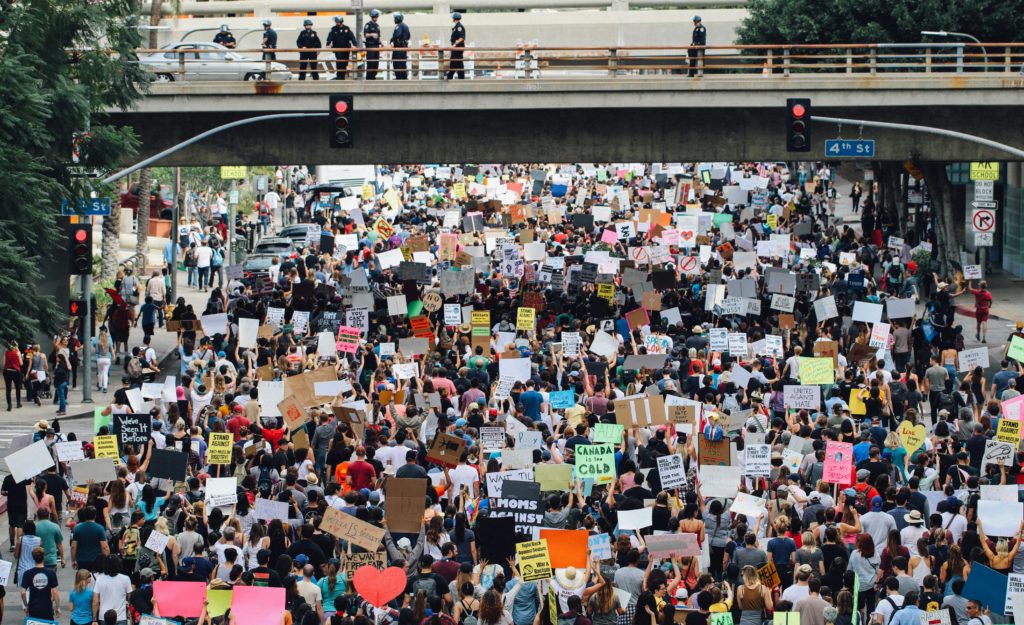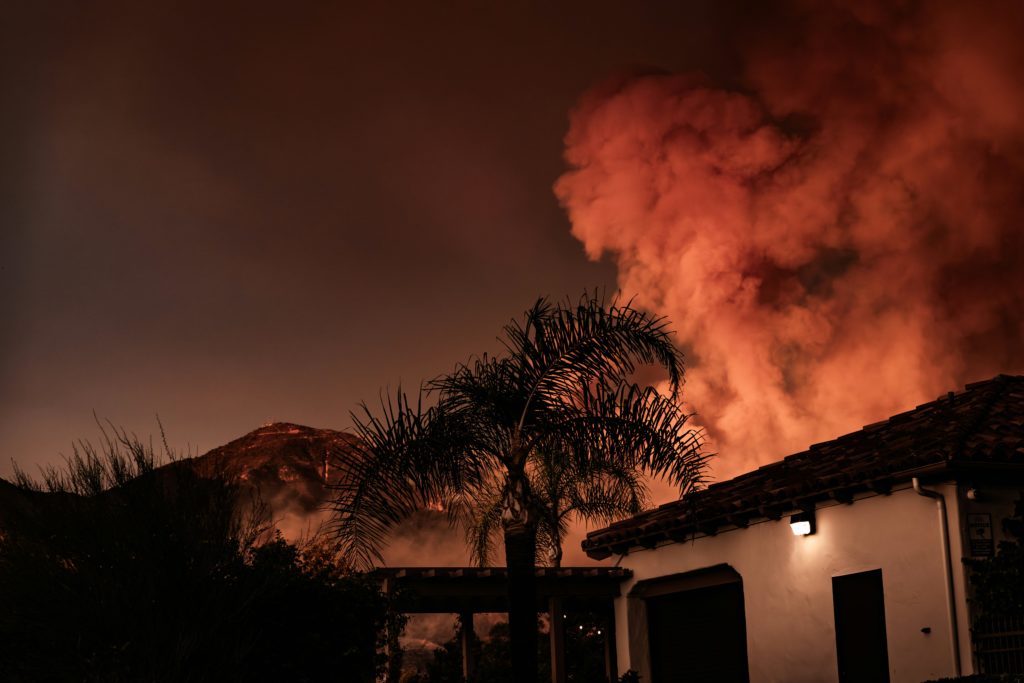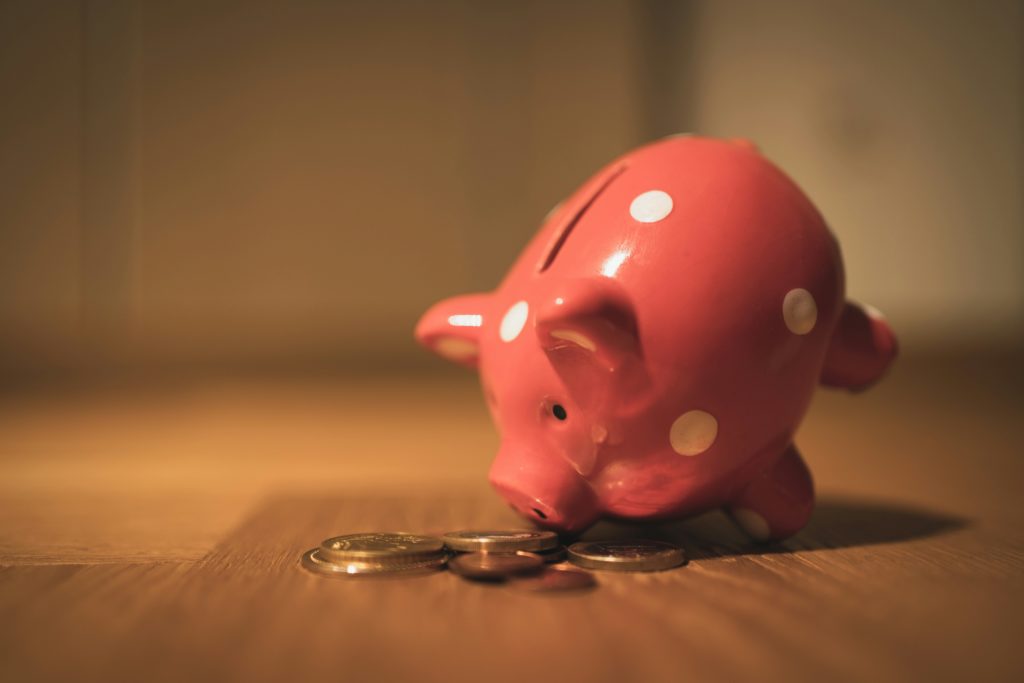
Senator Cory Booker recently gave a mammoth speech on the Senate floor in opposition to President Donald Trump’s policies. It lasted 25 hours and 5 minutes. To me it was one of the first overt signs of Democratic resistance to the policies which are tearing America apart, and was much needed.
He has since had a public meeting in a New Jersey town hall where he called on people to get creative about their responses to the incredible challenge that exists in America. He urged the crowds to think “What more can I do?”
In my opinion, this is what we need to do in response to the climate crisis.
Mr Booker further commented on creativity of response, and what it meant. He said “I know one thing it is not, and that is sitting down and just watching on TV and getting stuck in a state of sedentary agitation. Everybody has to be taking measures to put pressure on to change.”
That is exactly what is required with the climate. Our reluctance on a global level to participate in the fight against Climate Change and the destruction of our environment is leading to a terrible future for our young folks.
So, what more can we do?
1 We must believe that the situation is very serious
If we don’t act then a grave future awaits us and our families.
A recent Australian article has said that Global Warming of more than 3° Celsius may wipe 40% off the world’s economy. That will affect every country on Earth. So we can’t think that just because we live in a developed country we won’t be affected. We will!
Certainly the situation will affect poor people more severely. (Not something to celebrate, but something we need to work on.) But just imagine how that will affect daily life and government support services! Right now we are heading for an increase of about 2.7°C. Already insurance companies are saying that at 3°C governments will not be able to pay to repair all the structural damage produced by that amount of warming.
Structural Damage

2 We have to believe we can make a difference
The American Climate Scientist Katherine Hayhoe writes a monthly newsletter which talks about good news and bad news. This month she has an environmental historian Dr Emily Pawley editing the newsletter.
She talks about social movements and how effective they have been in changing our lives. We can change things if we are really determined. There are so many things humanity has achieved that were not believed possible beforehand. We ended slavery, created votes for women, improved the civil rights situation, created agreement on solving the problem of the ozone layer and so on.
Just have a look at the photos of people marching in America to protest about Donald Trump’s policies. It is truly inspiring. They haven’t succeeded yet but they have woken up. This is vital. We need to wake up about the climate. We need to be aware that we must change our lifestyles.
3 We have to believe that we are a vital part of any change
The largest part of our climate emissions is produced by industry, transport and our food production systems. But individuals are also important, and we can make a difference.
We can make a difference by changing our way of life and by using our purchasing power to alert industry and manufacturing companies to our needs and to our changing values. We must live as if only we can rescue ourselves. There will be no knight in shining armour to fix things. Please get out and be active in your communities. Make friends and a common cause.
4 Banks and Investment Companies are Not on our Side

A recent Guardian article has shown that a number of big banks and investment companies believe that the world is on course for disastrous Global Warming, and have reacted by withdrawing from the Net Zero Banking Alliance. This alliance sets responsible banking practices (like reducing lending to fossil fuel companies) to meet climate goals. In other words, they are retreating from working on the climate. A Spectator article has some interesting comments on this.
So, financial companies are probably not going to help us. But you can, by checking out your bank and its investments. Change company if it is investing in fossil fuels. Write and tell them why. Here is a good French example.
5 Governments have their own agendas
It is the job of governments to protect their populations. Some work hard at doing that. Many do not. Often they think only of the short term, and of re-election. The future is long-term! We need our governments to have a vision of the future that will work for our families and for the planet. Governments have many pressures on them and will often make bad decisions for the climate and environments of our countries. We need to “help” them make better decisions.
6 Believe you can change in order to make a difference
There is a part of each of us that believes we are too small and insignificant to help the situation. Firstly, we are never too small to make a difference. Secondly, it is amazing what each of us can do if we commit to something. I have found that courage comes with doing something I thought I couldn’t do. It is also a wonderful boost to one’s self-confidence.
There is a quote by Jimmy Carter that I like very much: “You can do what you have to do, and sometimes you can do it even better than you think you can.”
So try something today that you thought you couldn’t do. Write to your politicians, invite the neighbours in for coffee and talk about the climate, speak at a town hall meeting or go and meet your politicians and tell them to make a difference in your town for the sake of the climate.
7 Remember that we are no longer talking of just doing your re-cycling.
(But keep doing it though, as it is important.) We are facing a massive problem so we need a big effort from everyone. Each of us is good at different things. Somehow we need to increase the pressure on our governments to commit to achieving climate targets. They need to be thinking in a totally different way. We can encourage them to do that.
Please ask yourself “What more can I do?” There is always something.
For the sake of our families and for all humanity we need to find ways to do more.
To subscribe to my blog, please use the form on the Home page.
Photos by Alex Radelich, Daniel Lincoln and Andre Taissin on Unsplash
